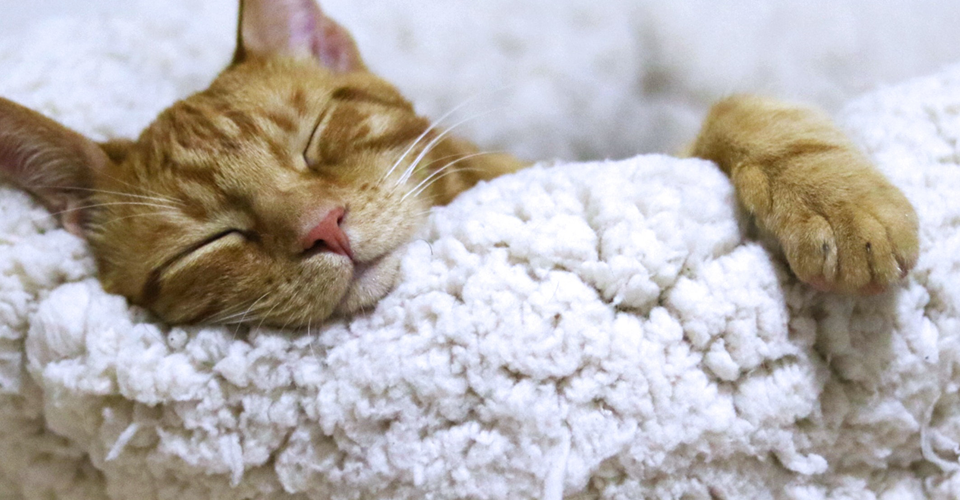Brett Lowden, a second-year student in the College of Medicine, contributed the following article – one of the educational initiatives sponsored by the NEOMED’s Student Wellness Committee as part of their peer-support series on the eight dimensions of wellness. The eight dimensions that this student and staff committee supports include emotional, environmental, financial, intellectual, occupational, physical, social and spiritual wellness. The concept of eight dimensions of wellness comes from the Substance Abuse and Mental Health Services Administration (SAMHSA), a U.S. government agency.
You probably wouldn’t show up to one of your exams after drinking an alcoholic beverage or two. But a study published in Occupational and Environmental Medicine found that going 17-19 hours without sleep resulted in a test performance equivalent to that of someone with a blood alcohol content of 0.05%.
And although it is common knowledge that losing sleep isn’t good for you, you might not know is that the all-night cram session before your exam could actually hurt you more than it helps, because sleep is important for memory consolidation, brain function and critical thinking.
Many people have trouble keeping a good sleep schedule in professional school, due to the amount of work that is typically expected of us as students. However, there are ways to get more sleep and improve the quality of your sleep. The next time you find yourself drowsing off, try using a few of these Centers for Disease Control and Prevention-recommended tips to make sure you’re well rested and ready to go.
- Consistency is key: Setting a regular sleep schedule is important for getting good sleep every night. Going to bed and waking up at the same time each day creates steady sleep habits that maximize your hours of sleep. If you struggle with going to bed or waking up at the same time, try using a phone app to set a sleep reminder and alarm for each day of the week.
- Avoid screen time close to bed: Probably every person you know has, at one point or another, been told not to use electronic devices prior to going to bed. I know this is a tough one to accomplish, but with some mindfulness you can improve on your screen time and avoid mindlessly scrolling through social media right before you go to bed. A tip is to put your charger somewhere that isn’t close to your bed so you have to get up to plug it in or retrieve your phone.
- Maximize your ability to fall asleep: That large coffee with an extra shot of espresso might sound like a good idea at 7 p.m., when you still have 1,000 Anki cards to grind through, but it isn’t going to help you when you finally decide to quit studying and go to bed. It is important to avoid caffeine before bed. However, what you may not realize is that it is also important to avoid large meals and alcohol. These can also decrease your ability to fall asleep and they can reduce the quality of your sleep. Last, getting some physical exercise during the day can help you fall asleep easier at night.
- Make sleeping a priority: We all love those weekend nights out with friends until 2 a.m. (or more recently 10 p.m., thanks to COVID-19), but it is important to make sleep a priority whenever possible. One of the best ways to do this is to be aware of the tradeoff between getting sleep and staying up late. Think of occasionally staying out late as a reward for making sleep a priority during the week.
As with all dimensions of wellness, some of the things we know are good for us are really challenging to accomplish – eating nutritiously, exercising, saving money, keeping up with our routines, and even sleeping. I hope that if you incorporate some of these tips into your wellness routine, you will soon be counting all the benefits of better sleep – instead of sheep.
